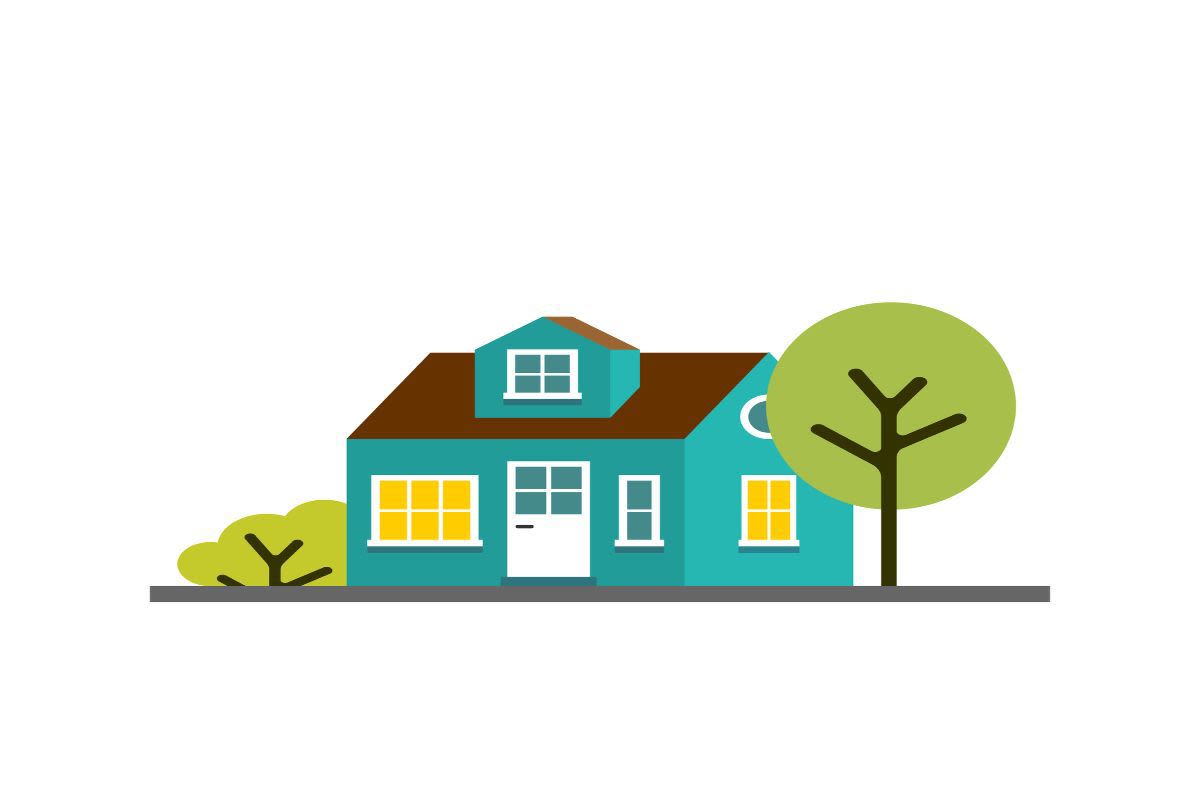
How Owning a Home Affects Your Estate Plan
For many people, their most important asset is their home; thus, including one in your estate will influence how you organize your estate plan. The acquisition of a house, like any big change—such as a birth, marriage, death, or divorce—should be discussed with an estate planning attorney.
You will have many questions for your estate planning attorney, depending on the price and location of your new home. Furthermore, an attorney with a significant understanding of asset protection, wills and trusts, tax avoidance, and probate will most likely bring up topics you didn't even think to ask about. Therefore, before purchasing a home, you should consult with an experienced estate planning attorney.
What’s the connection between home ownership and estate planning?
The court-supervised administration of estates is known as probate. The more expansive your possessions, the more expensive and time-consuming probate is likely, which is why so many individuals try to avoid it. An estate planning attorney will be familiar with your state's rules as well as federal tax laws and will be able to advise you accordingly.
Will putting my house in a revocable trust help?
A revocable trust, sometimes known as a living trust, is handy if you buy a home in another state, such as for vacation purposes. Understanding that you can put both mortgaged and outright owned property into a revocable trust is critical. This will help you avoid probate and relieve your executor (and loved ones, frankly) of stress after you pass. Your executor would be subject to dealing with attorneys in both states and pay additional probate fees if the revocable trust is not used.
Will co-owning a home with my children make the asset transfer easier?
Joint tenancy may appear to be an easy way to transfer your newly purchased home to your oldest child as a beneficiary upon your death and a clever approach to avoid probate and potentially reduce tax liabilities. However, even though joint ownership may qualify you for Medicaid if you require long-term care, there are some potential disadvantages, including:
• Making your home liable for your child's activities. For example, if your child has or develops risky habits such as gambling, compulsive buying, or if they're the defendant in a lawsuit and lose the case, your most valuable assets may be compromised.
• Putting your wishes for asset distribution at risk. Because joint tenancy exists outside of the terms of a will or trust, even if you intend to divide your estate equally among your children, the child who shares ownership of the house may receive more than their part.
• Adding one child's name to the property may cause gift and estate tax problems. The home's value would be included in the parent's estate for estate tax purposes unless the selected child contributed an equivalent amount of money to purchase the house as the parent. Furthermore, in this case, the parent may be subject to gift tax at purchase or transfer.
• Because your child already has joint ownership of the property, he or she will forfeit the step-up basis that would have allowed him or her to have your house valued at the time of your death rather than the time of purchase, reducing the gift tax burden significantly.
Los Angeles & Orange County Real Estate Purchase Attorneys
In a best-case scenario, your home-buying experience will be free of issues and will go off without a hitch. However, from competing interests from both sides of the deal to the paperwork and negotiations, trying to avoid legal pitfalls can become overwhelming. Therefore, it’s always a good idea to have a real estate attorney as trusted advisor to walk you through this legally-risky process and advocate on your behalf. Call us or fill out the form to find out more about your rights and options, as well as the different services we offer.
Please call our office to be connected with a member of our intake team, or fill out our intake form by clicking here.